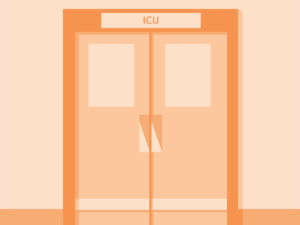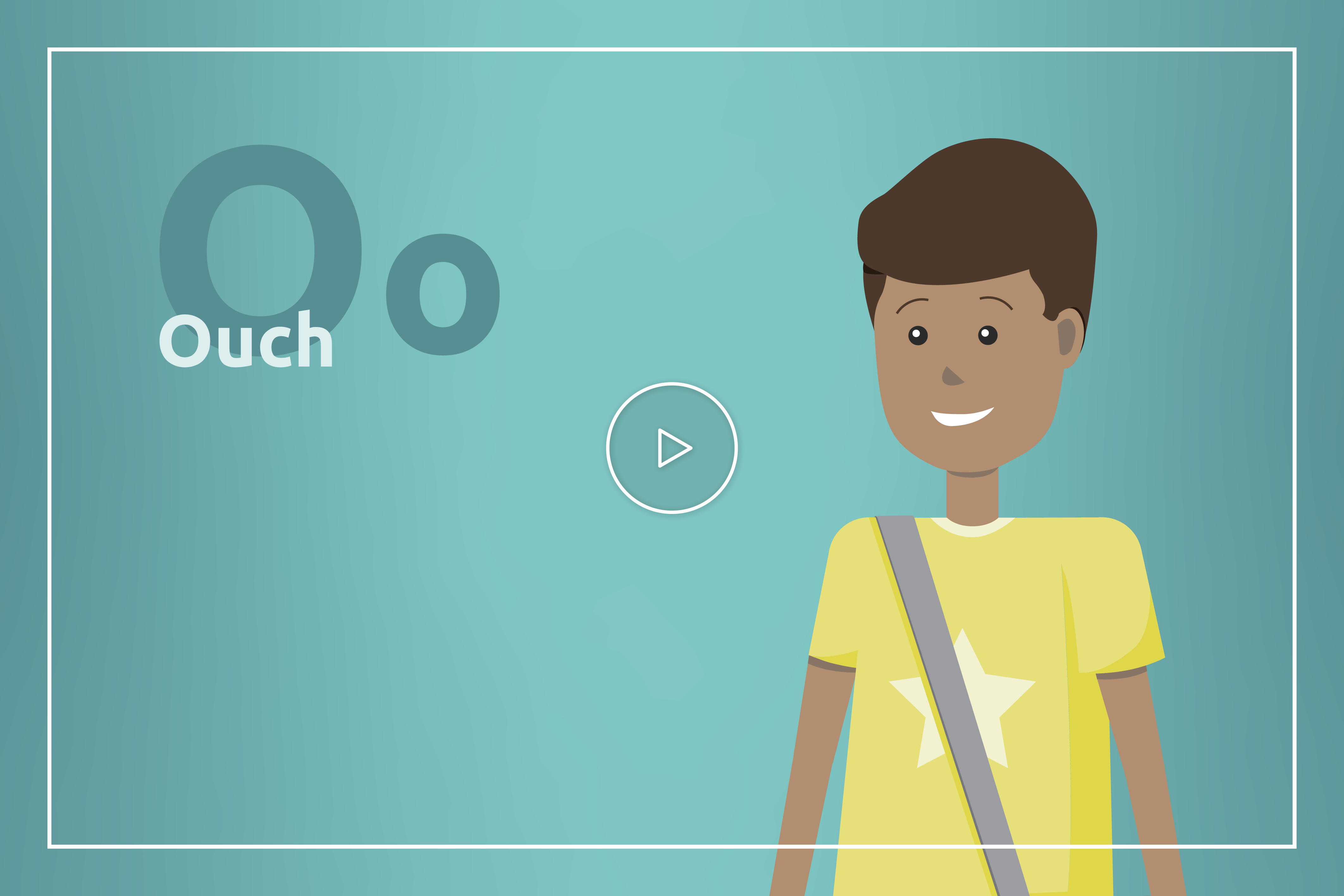After Surgery

When you wake up from surgery, you will be in the Intensive Care Unit (ICU).
Surgery, and the medications that you were given to keep you asleep, will make you very weak and sleepy. You will have a breathing tube that’s connected to a ventilator (breathing machine) and you will be connected to many lines, tubes, and medical equipment.
This medical equipment is necessary to monitor you and give you the medicines needed for recovery. All the equipment and lines can be startling to see, but they are completely normal. Day by day, your care team will work toward removing lines and tubes. It is also important to get you moving soon after surgery. Getting out of bed as soon as possible will help your body heal.
As with any surgery, you will probably feel some pain afterwards. Learn more in the interactive below about what to expect.
Once your care team thinks you’re strong enough to be more awake and breathe on your own, your medicines keeping you sleepy will be turned off. Your breathing tube will be removed, and you will be given oxygen using a nasal cannula or mask.
As time goes on, you’ll be able to drink clear fluids like water and apple juice. When your medicines supporting your heart have been decreased, you’ll be able to eat regular food again. Your care team may decide to give you a boost of nutrition, feeding you through a special tube in your nose called a nasogastric tube.
Cardiac Step-Down Unit
The Cardiac Step-Down Unit, or cardiac floor, is where patients are transferred after the ICU. It is for patients who are not as critically ill but still need to be in the hospital. In the cardiac step-down unit, your focus will be on getting stronger. In addition, this is the time that education becomes even more important. In some cases being discharged out of the hospital may be possible. Your care team will discuss this with you.
